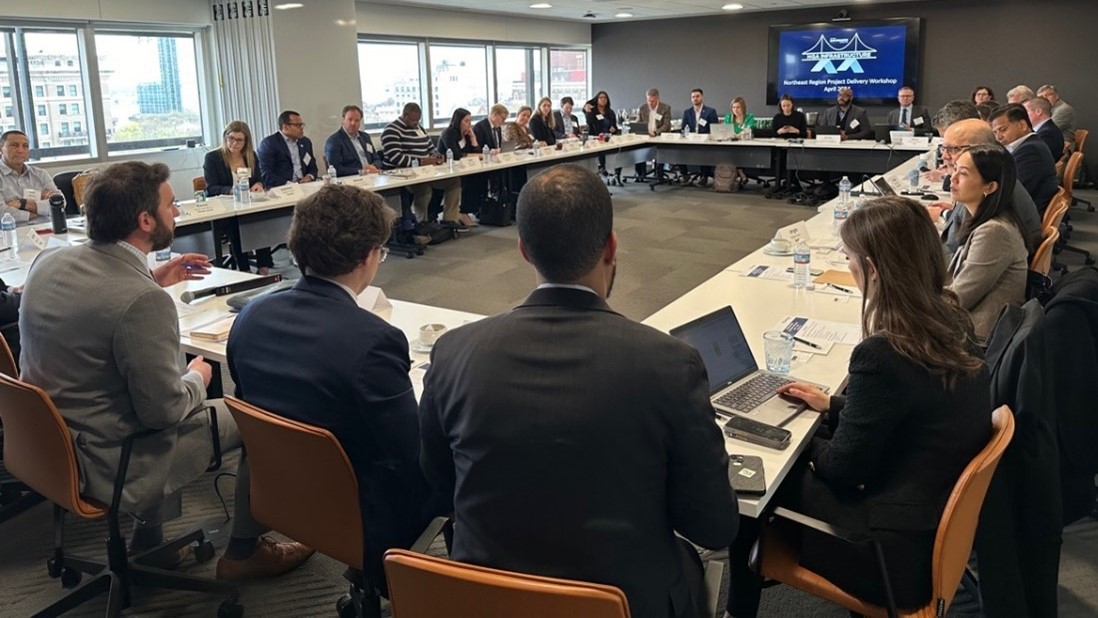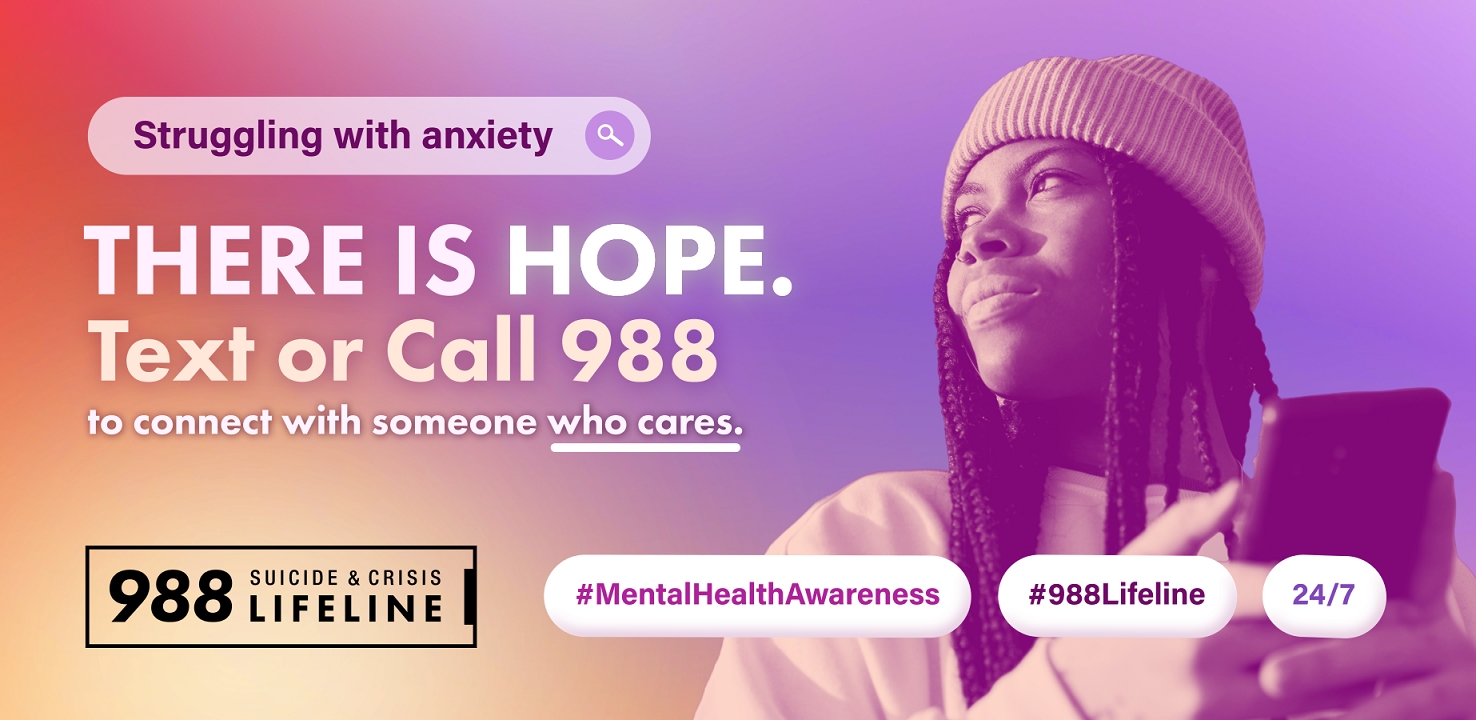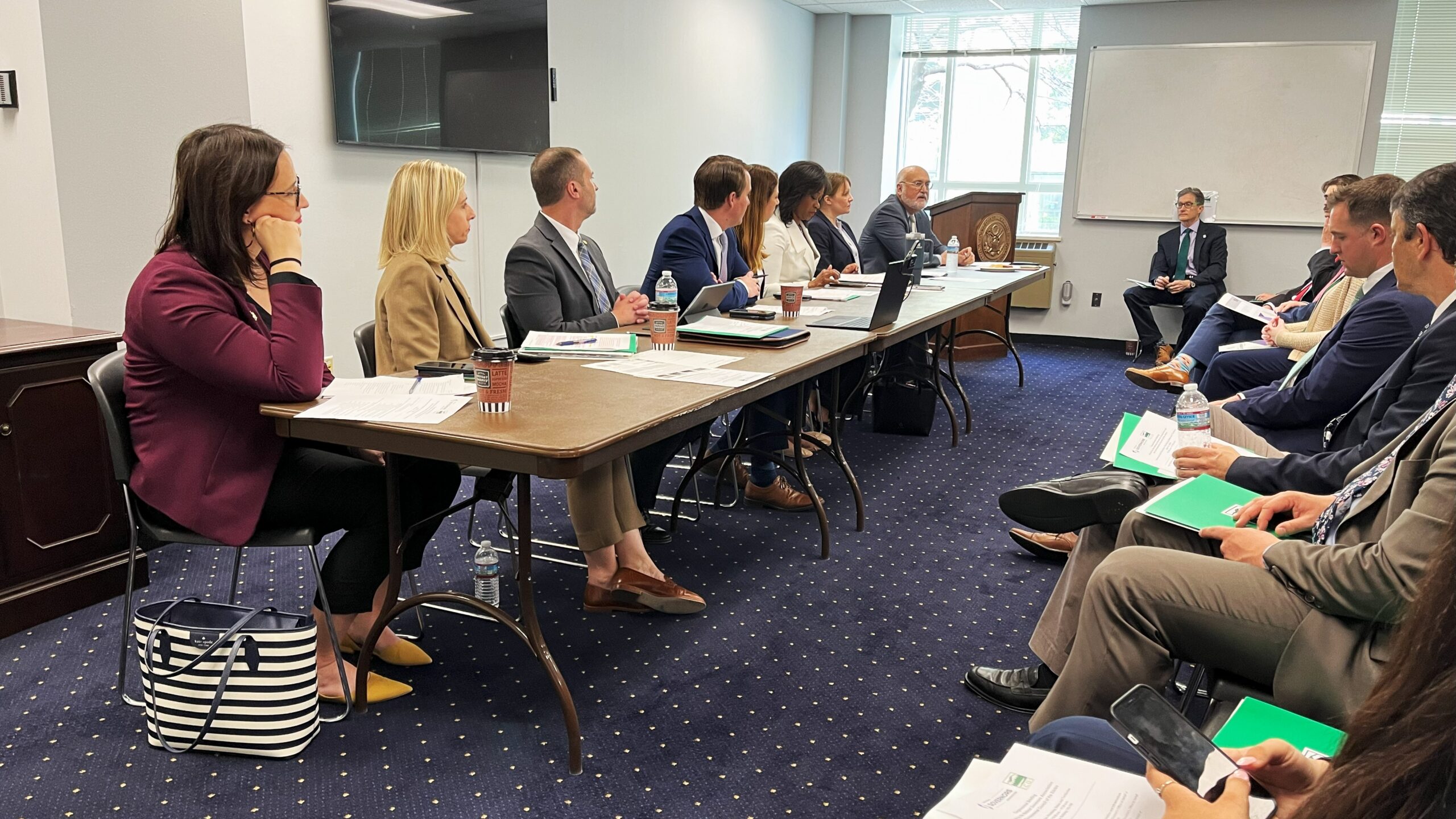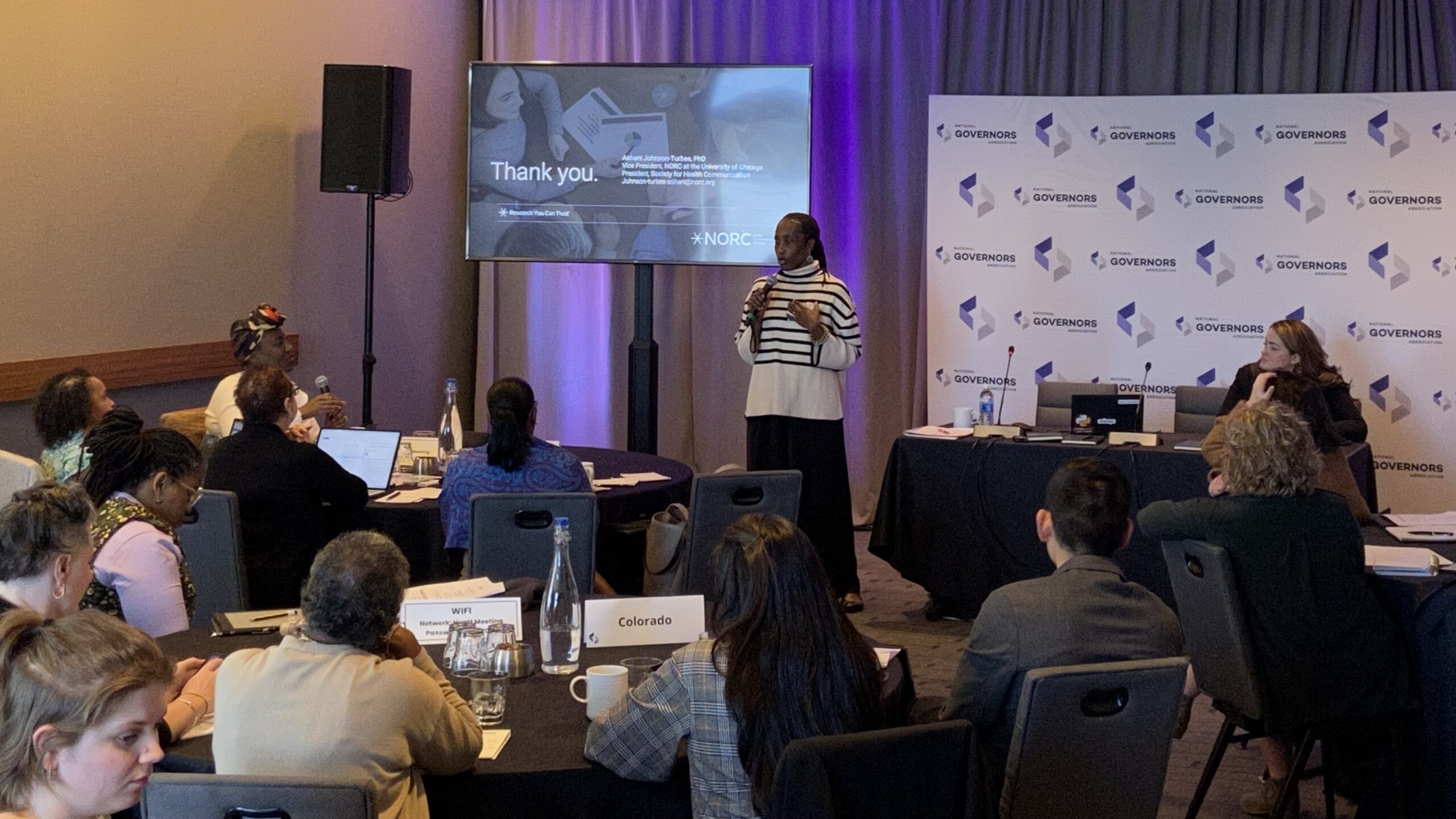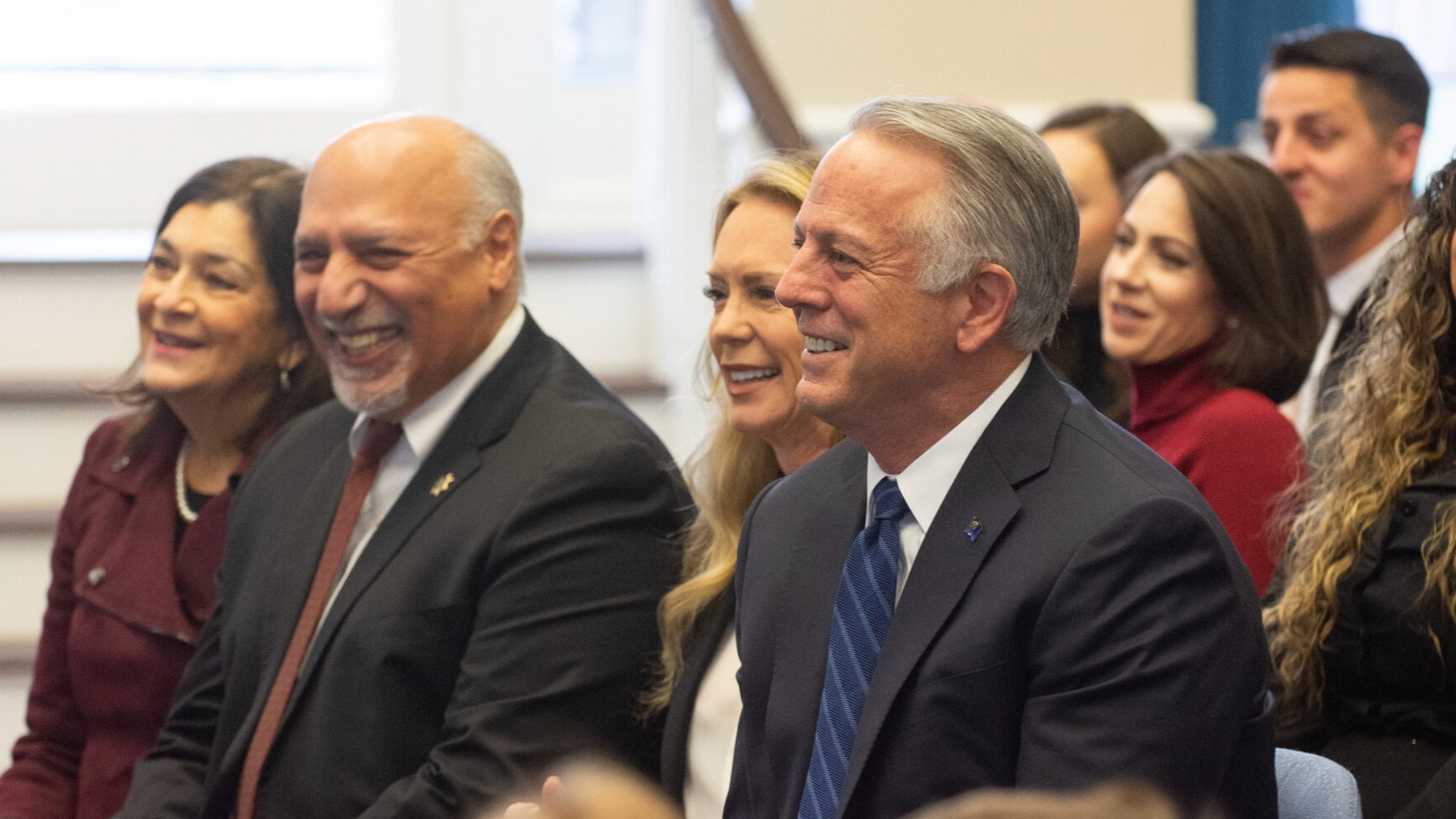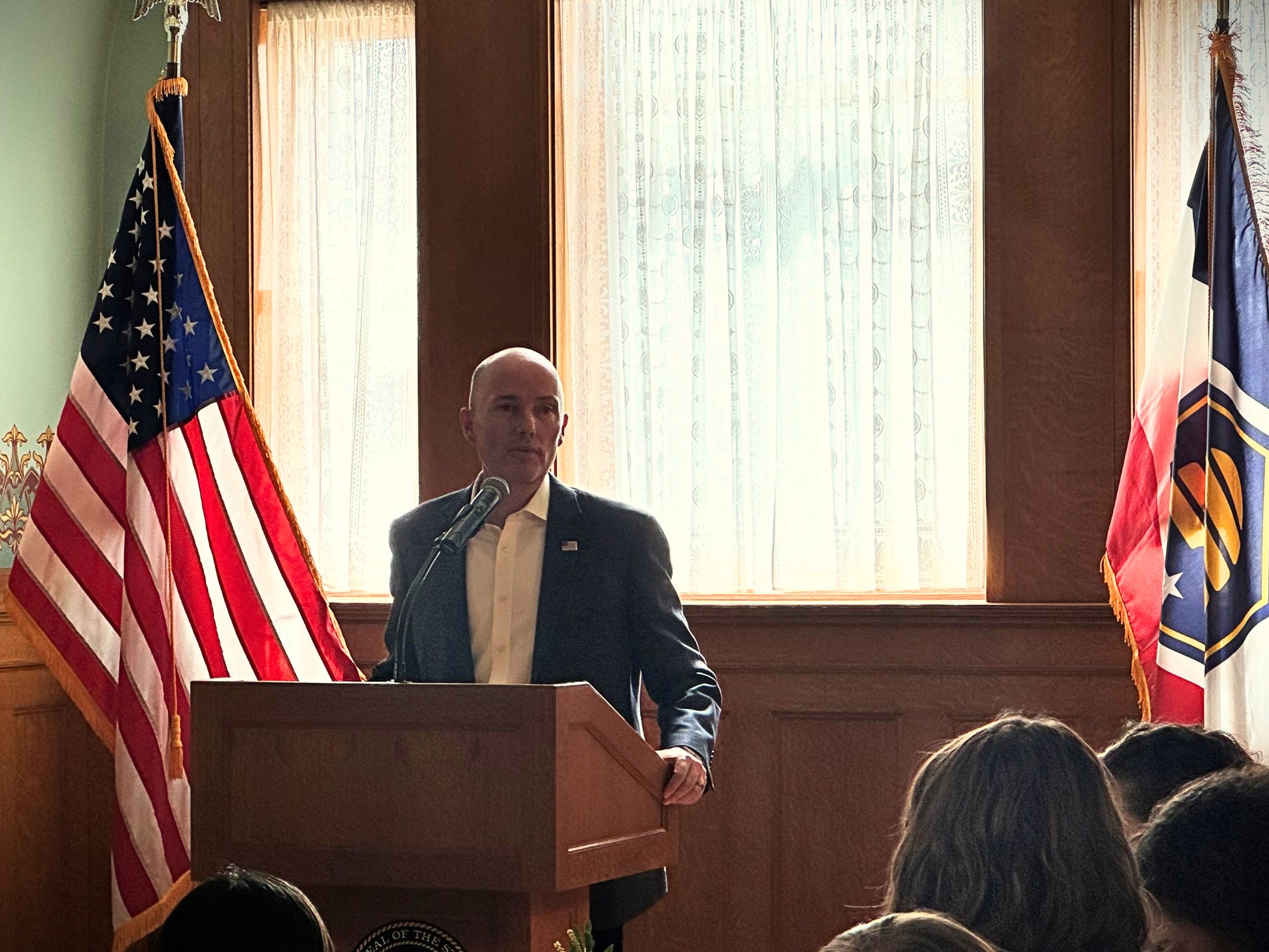The National Governors Association in partnership with the Data Quality Campaign is working with states in a new learning ecosystem to help Governors’ offices and other state officials better understand their state longitudinal data systems.

There is a growing desire amongst Governors to identify and track students from early learning through their entry into the workforce in order to evaluate programs, inform strategic decision-making, analyze trends and ultimately improve outcomes. Each state has an array of data collection methods and tools, but many states use a State Longitudinal Data System (SLDS) to meet these needs and connect students’ records across at least two of four core state agencies: early learning, k-12, postsecondary and workforce. When states have a fully connected SLDS, they can use that data to measure student success and assess their progress as well as the quality of educational and skills-development programs that are intended to prepare them for the labor market. Further, when the information from such a data system is shared, policymakers, educators, employers and students can make informed decisions to guide their pathway through education and the workforce.
In response to the increased focus on strengthening and expanding State Longitudinal Data Systems, the National Governors Association Center for Best Practices (NGA Center), in partnership with the Data Quality Campaign, launched the State Longitudinal Data Ecosystem to help Governors’ offices and other state officials better understand and optimize their state longitudinal data systems. The goal of this project is to support states in aligning information across postsecondary and workforce systems and to help them consider promising practices for utilizing and scaling those systems to meet data and evaluation needs for other state-level programs. This peer learning community will engage state teams and national experts over nine months through workshops and convenings focused on mapping current data assets, understanding the benefits of statewide longitudinal data systems and working towards modernizing and connecting current systems. States that are engaged with this learning community are at various stages of building and expanding their State Longitudinal Data Systems.
This ecosystem will run concurrently with Phase 2 of the NGA Center Skills-Driven State Community of Practice, a project intended to support states in aligning their skills-based training and skill-based hiring practices. States participating in the Skills-Driven State Community of Practice will join the states in the State Longitudinal Data Ecosystem to strengthen the data elements of their skills-based practices adoption.
Participating States
Alabama, Connecticut, Delaware, Indiana, Ohio, Missouri, Montana and Wyoming
Ecosystem Partners
The NGA Center has convened national partners to assist with the curation and execution of the curriculum for the peer learning community. NGA Center staff, along with subject matter experts and practitioners, will provide ongoing support through virtual and in-person sessions, collaborative peer learning and targeted technical assistance to participating state teams throughout the project.
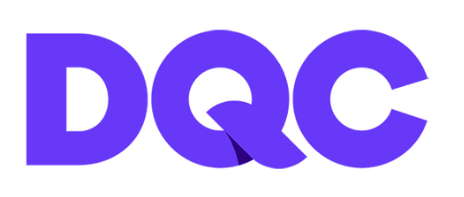
Data Quality Campaign
Angela Perry
Brennan McMahon Parton
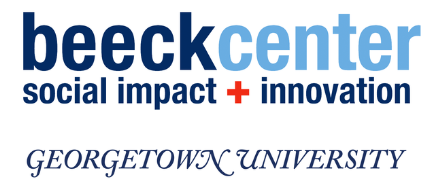
The Beeck Center
Ali Benson
Jennifer Puma
Vinith Annam
Issac Yoder
Resources for state longitudinal Data Ecosystem States
Data Labs Playbook | Beeck Center and NGA
The Data Labs Playbook is a practical guide for public servants who want to launch a data-informed project in their state. Each section offers best practices, key questions and tactical tools to use to advance any data project action plan, whether the project is new or existing. This playbook is based on lessons learned in Data Labs, a nine-month program in which eight state teams developed a data project to support their COVID-19 economic recovery efforts. The information here can be applied to state data projects at any stage in order to build trust, support economic stability and ensure data is used effectively to produce better outcomes for state residents.
People Need Access to Data to Navigate a Skills-Based Future | DQC
DQC’s new vision to transform state data systems lays out 10 policy and practice recommendations for states seeking to provide tailored access to information—like skills data—to drive student success, economic mobility, and systemic change across the P–20W spectrum.
NGA Contacts
For additional information about this learning ecosystem, please reach out to:
- Amanda Winters, Program Director, Postsecondary, awinters@nga.org
- Portia Polk, Senior Policy Analyst, Postsecondary, ppolk@nga.org
This material is based on research funded by the Bill & Melinda Gates Foundation. The findings and conclusions contained within are those of the authors and do not necessarily reflect positions or policies of the Bill & Melinda Gates Foundation.

